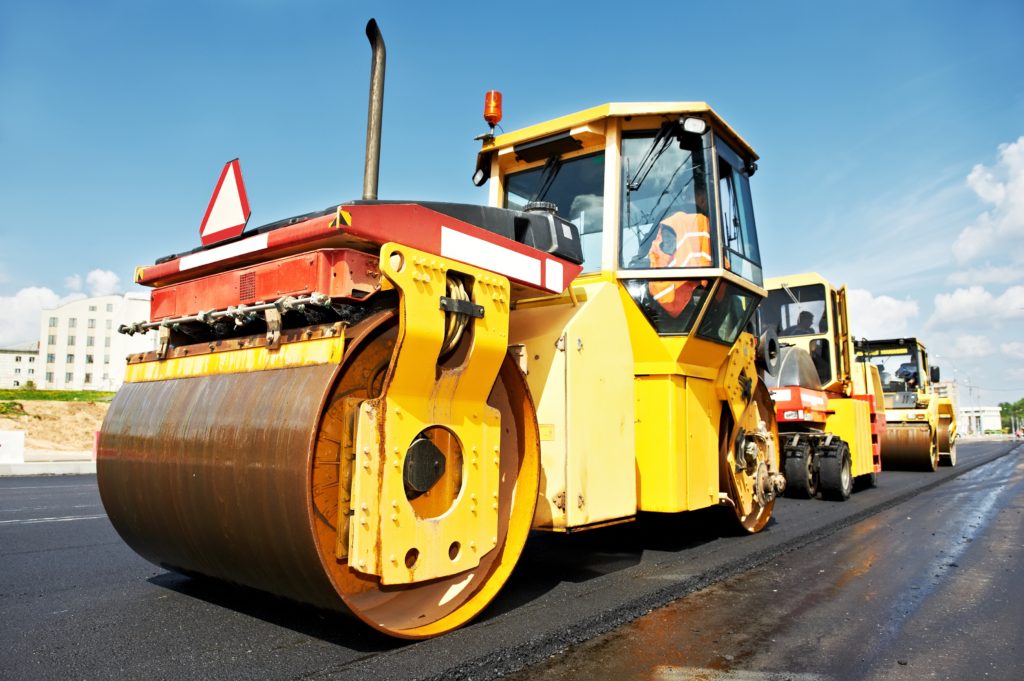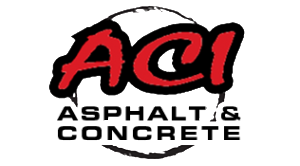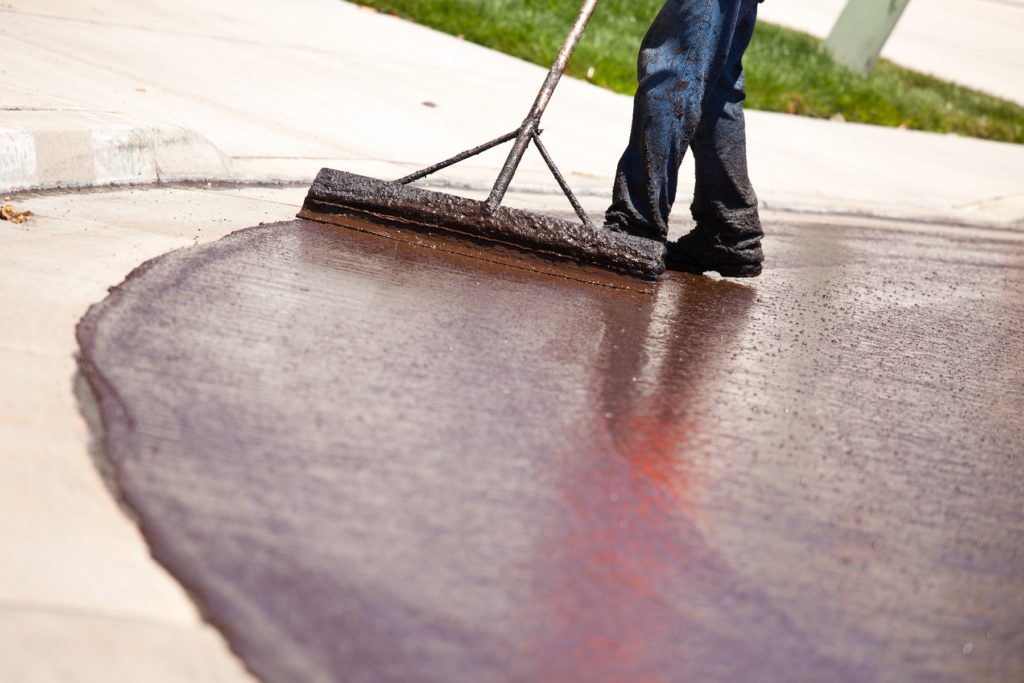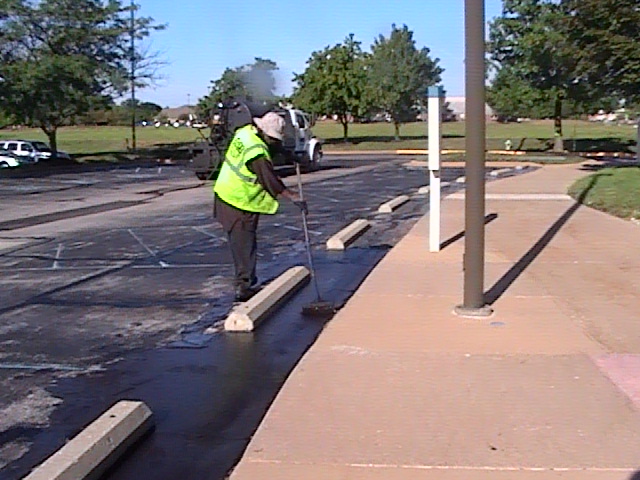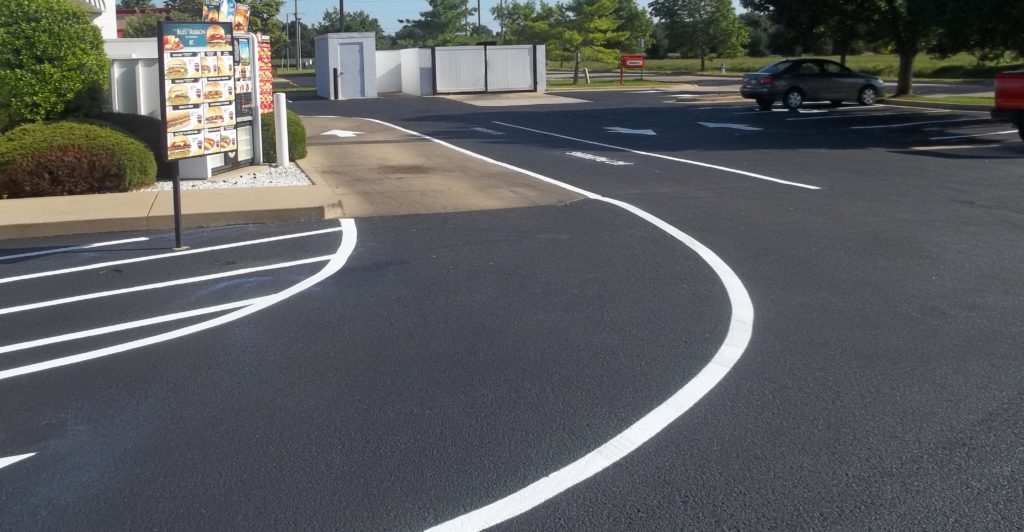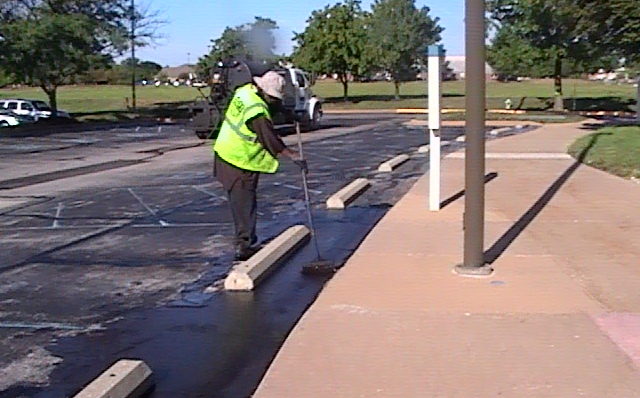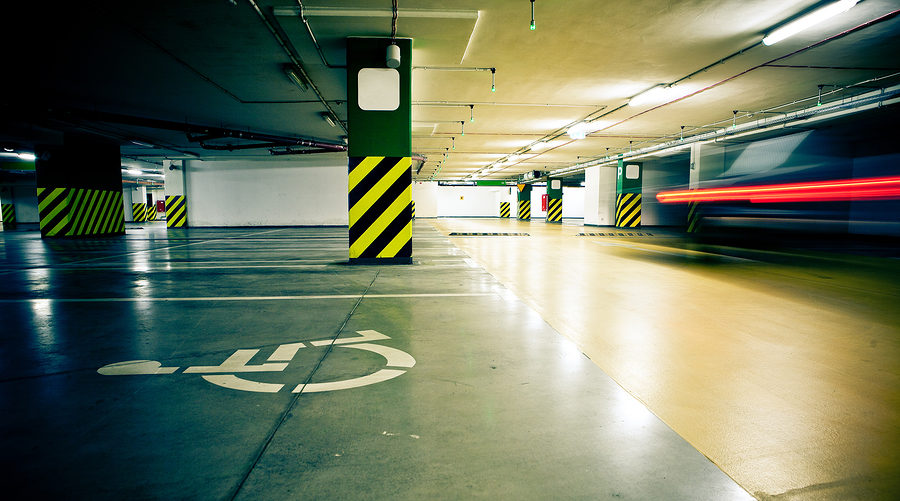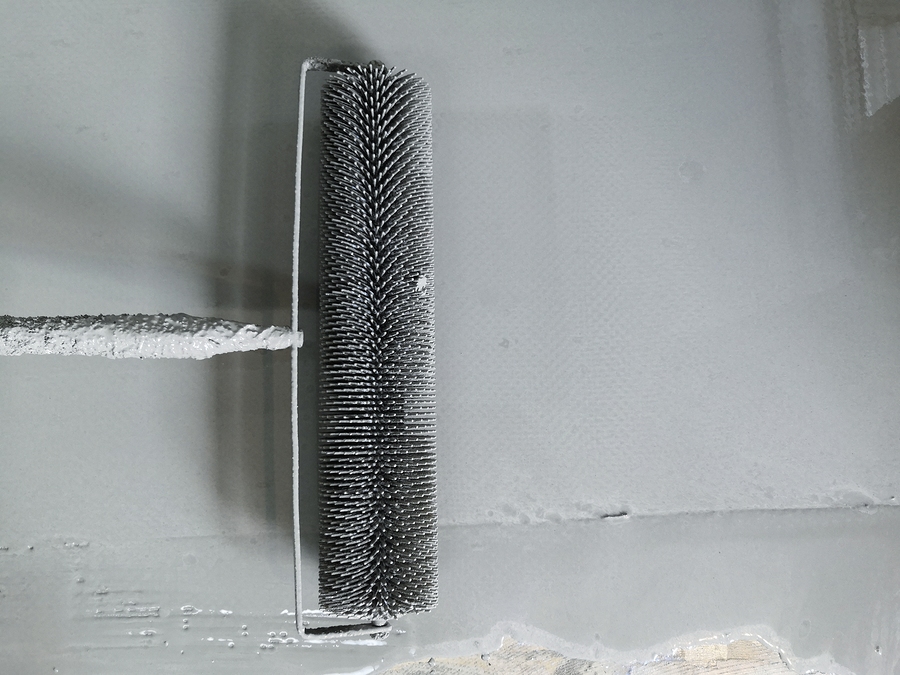Asphalt pavement retains excellent waterproofing and aggregate-binding properties, making it ideal for roads, parking lots, driveways, and more. But without a proper sealcoat, asphalt pavements are vulnerable to surface damage from inclement weather, chemicals, gasoline, oil, salt and more. For this reason, sealcoating is a critical step toward protecting the structural integrity, function, and longevity of asphalt pavement. One of the most effective methods for enhancing the overall performance and quality of sealcoats is to use additives.
Sealcoat Latex Additives
Various assortments of latex additives are formulated using polymers, rubbers, and emulsions. Here are 5 popular types of sealcoat latex additives:
❶ Acrylic polymers and Copolymer-Based Additives
These acrylic sealcoating additives are used for their thickening and fast-drying qualities. They are also used for enhanced sand and aggregate suspension. Acrylic additives are resistant to surface contaminants like oil, fats, hydrocarbon solvents, and other damaging lubricants. They are also resistant to ultraviolet rays.
❷ Acrylonitrile-Butadiene Rubber (NBR) Polymer-Based Additives
Acrylonitrile-butadiene rubber additives are primarily used for rubberizing refined coal tar and asphalt-based sealcoats. They retain a strong chemical resistance to surface contaminants like fats, oils, solvents, hydraulic fluids, gasoline, kerosene, and most other chemicals.
❸ Chloroprene (Neoprene) Polymer-Based Additives
Chloroprene polymer-based additives are used in seal coatings because they have a high-resistance to many chemicals and mild acids, including oil, gasoline, and some solvents. For this reason, they are used primarily in industrial compositions in gaskets, rubber sheeting, adhesives, and more.
❹ Polyvinyl Acetate and Acrylic Copolymer-Based Additives
Just like acrylic polymer additives, polyvinyl acetate and acrylic copolymer additives are primarily used for sand and aggregate suspension, quick drying, and thickening qualities. But, these additives retain a weakened resistant to UV radiation and water, as well as, gasoline, kerosene, oils, fats, salts, and more.
❺ Styrene Butadiene (SBR), Natural Rubber (NR) and Butyl Rubber (BR) Based Additives
All of these sealcoat additives have the improved ability to withstand water, as well as, moderate chemical contaminants, such as organic acids, alcohol, and some solvents. However, they are widely used for their attributes in sand and aggregate suspension, faster drying, and thickening.

